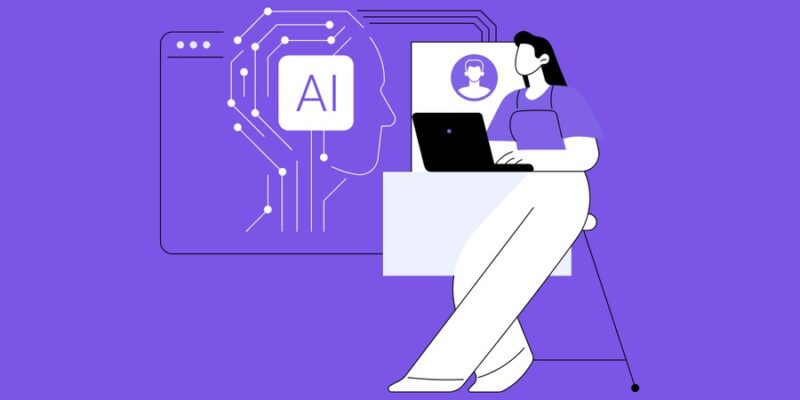Artificial intelligence (AI) is quickly changing public sector as well as corporate environments all around. Governments realize artificial intelligence can increase service delivery, creativity, and efficiency. From work automation to enhanced decision-making, artificial intelligence is gradually taking front stage in smart government. The advantages and disadvantages of artificial intelligence for government service transformation are examined in this article.
Routine Task Automation for Maximum Effect
The public sector uses artificial intelligence most famously for task automation. Sometimes government departments have to deal with repeated tasks such data entry, document validation, and response to frequent questions. By quickly and precisely doing these chores, chatbots and RPA technologies help to free up human resources for strategic work.
AI chatbots are being applied more and more to help with application procedures, respond to frequently asked queries, and offer government service updates. By cutting repetitious procedures, these solutions boost output and enhance citizen user experience for those in need. Furthermore reducing mistakes and guaranteeing timely completion of important chores is automation.
Improving Decision-Making with Data Insights
Finding trends and insights in vast data sets is something artificial intelligence shines at. Making government decisions calls for this kind of knowledge. To affect resource allocation and policymaking, artificial intelligence algorithms can analyze intricate information including economic indicators, environmental data, and demographic statistics. Going for Enhancing Public Sector Efficiency is essential here.
Predictive analytics can enable governments, for example, distribute funds to top priorities, coordinate infrastructure projects, and forecast public health emergencies. AI-driven insights enable legislators to make fact-based, rather than gut feeling decisions. Through more clear and grounded judgments, this data-driven approach increases public service efficiency and citizen confidence.
Improving Public Safety and Security
Disaster management forecasts floods, hurricanes, and wildfires with AI. AI-generated early warnings help authorities prepare and respond, potentially saving lives and property. These uses demonstrate how AI may boost community safety and resilience.
Streamlining Administrative Processes
Administrative procedures in government agencies are bureaucratic and inefficient. AI might streamline and accelerate these processes, reducing delays and improving service. Because NLP algorithms can assess and identify large amounts of documents, agencies can process applications, permits, and licenses faster.
AI can also keep public records and ensure legal compliance. Automating administrative tasks can reduce government staff workload and speed up, more reliable services. This efficient strategy boosts public sector efficiency and saves time and money.
Personalized Services for Citizens
AI allows governments to give more personalized services to inhabitants. AI systems can analyze citizen interactions, preferences, and feedback to improve service delivery. A person’s medical history can be used by healthcare organizations to recommend health programs, while tax authorities can utilize AI to provide individualized tax advice. Personalization is offered in transportation and urban development. AI-driven traffic analysis and public transportation route recommendations will make commutes more enjoyable. AI makes government more responsive and inclusive, prioritizing residents’ needs.
Conclusion
AI can assist maintain accountability and transparency, which underpin good governance. Machine learning algorithms can detect public expenditure, procurement, and financial transaction abnormalities and fraud. AI detects abnormalities and ensures public funds are used properly, preventing corruption. AI-powered platforms can update inhabitants about government budgets, programs, and activities. Openness fosters trust and allows citizens to hold their governments accountable. AI increases government-citizen relations and boosts efficiency.

Comments